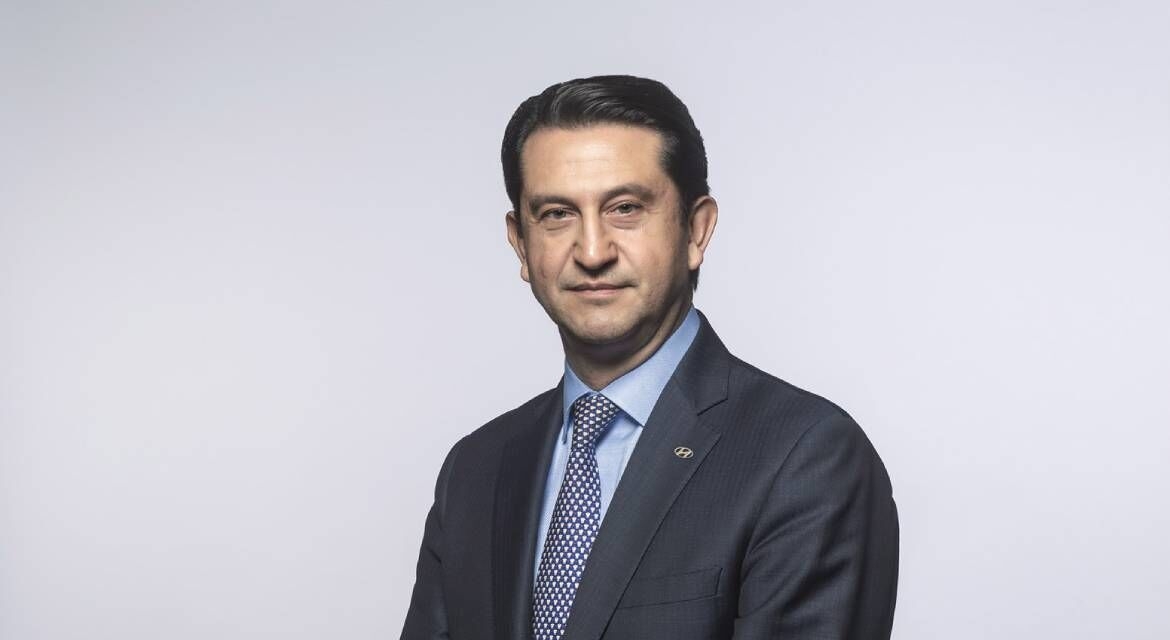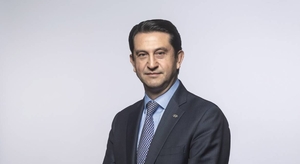Comments from Jose Munoz, the Korean automaker’s first foreign CEO, come amid looming Trump tariff threats

Hyundai Motor Company CEO Jose Munoz underscored how heavily the Korean firm has been investing in the United States to bolster manufacturing there, as the automaker cautiously awaits US President Donald Trump’s “reciprocal” tariff announcement.
“Hyundai Motor Company and our parent company Hyundai Motor Group are investing billions of dollars in America and creating tens of thousands of high paying American jobs,” he said in his LinkedIn post on Saturday.
“With more than 64 establishments in America (including Hyundai Motor America, Kia America, Boston Dynamics, Supernal, GLOVIS America, Inc., MOBIS Parts America and many others) Hyundai Motor Group has been an integral part of American communities for nearly four decades, supporting Americans across all 50 states.”
Munoz, who on Jan. 1 became Hyundai Motor Company’s first foreign national CEO, also highlighted that Hyundai Motor Group is a key player in industries such as mobility, construction and emerging technologies, and has invested $20.5 billion in America.
A graphic included in Munoz’s post showed that Hyundai Motor Group has created and supported 150,000 direct jobs and 420,000 indirect jobs across various industries in the US.
“We will continue our long-standing commitment to drive growth in America, for Americans, with impactful investments that support communities to prosper,” he said.
“At (Hyundai Motor Group), we are looking forward to continuing this vital mission in the years to come.”
Munoz’s remarks came after US President Donald Trump said that he will announce reciprocal tariffs next week during a meeting with Japanese Prime Minister Shigeru Ishiba at the White House on Friday.
Although Trump did not name which countries would be affected by such reciprocal tariffs, he said it will affect “everybody.”
Noting that an auto tariff is always on the table, Trump said, “It’s a very big deal … We have cases where we don’t supply autos and other countries do … We have to stabilize it and equalize it.”
According to Korea’s Ministry of Trade, Industry and Energy, Korea’s auto industry logged $70.8 billion in exports last year. Of them, North America took up $40 billion to account for over half of the total exports.
Depending on Washington’s tariff measures, the Korea Institute for Industrial Economics & Trade projected that the Korean auto sector’s US exports could be reduced to between 5.9 percent and 13.6 percent annually.
Trump earlier imposed an extra 10 percent tariff on all Chinese goods imported to the US. He also announced 25 tariffs on imports from Canada and Mexico but decided to halt the imposition for a month.
“Even if the US’ increased tariff on China is relatively small, (Korea’s auto) exports could be cut down more with bigger tariffs on Mexico and Canada causing a downfall in the size of the market,” said the KIET.

